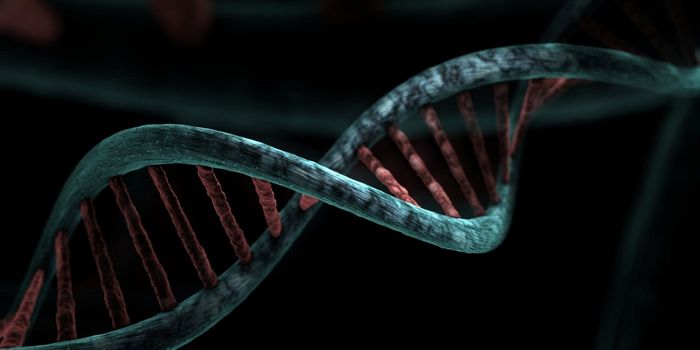New Insight Into Chronic Pain May Help Create Novel Therapeutics
New research may one day help clinicians stop bouts of pain from progressing to chronic pain, which can cause other problems including depression, loss of motivation and sensory dysfunction. Researchers have found that a protein, regulator of G protein signaling 4 (RGS4), plays a critical role in how long-term pain is maintained. RGS4 is widely expressed in the neuronal circuits of the brain that are involved in mood, motivation, and pathological pain. It may be a good target for therapeutics for chronic pain conditions. The findings have been reported in the Journal of Neuroscience.
When acute pain turns chronic, there are a number of physiological changes that involve immune and neuronal cells including glia, and many of these shifts are not well-understood.
"Our research reveals that RGS4 actions contribute to the transition from acute and sub-acute pain to pathological pain states and to the maintenance of pain," says Venetia Zachariou, Ph.D., Professor in the Nash Family Department of Neuroscience, the Department of Pharmacological Sciences and The Friedman Brain Institute at the Icahn School of Medicine at Mount Sinai. "Because chronic pain states affect numerous neurochemical processes and single-target drugs are unlikely to work, it's exciting to have discovered a multifunctional protein that can be targeted to disrupt the maintenance of pain."
Opioids that are commonly prescribed for pain relief carry the risk of serious side effects, including addiction, and there is a need for new approaches in the treatment of chronic pain. Ideally, new therapies would not just alleviate symptoms; they would target the biochemical cause of the pain.
In this work, the researchers determined that RGS4 is critical to the creation, maintenance, and intensity of pain states, whether the pain was caused by inflammation or nerve injury. In a mouse model that was engineered to lack RGS4, the scientists found that the lack of RGS4 activity disrupted chronic pain states in both female and male mice. Ablating RGS4 did not have any impact on acute pain or the initialization of chronic pain, but promoted relief from hypersensitivity symptoms in models of peripheral inflammation, neuropathy caused by chemotherapy, and peripheral nerve injury. The mice exhibited all the standard symptoms of nerve injury but were able to recover in three weeks, and had an increase in behaviors connected to motivation.
When the researchers reduced RGS4 expression in a part of the brain that processes pain called the ventral-posterior lateral nucleus in the thalamus, the mice were able to recover from mechanical and cold pain sensitization. The researchers also used genetic sequencing to learn more about the cellular pathways that RGS4 involves.
They now want to know more about how RGS4 is related to mood regulation and activity in the spinal cord. Additionally, they are trying to RGS4 inhibitors as potential therapeutics.
Sources: AAAS/Eurekalert! via Mount Sinai Hospital/School of Medicine, Journal of Neuroscience









